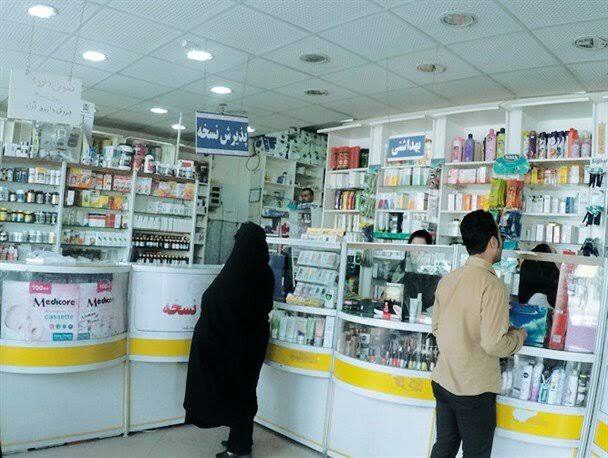The Vice President of the Iranian Pharmacists Association now says that importing medicine is like a remedy after Sohrab’s death.
A field investigation by a Khabar Online reporter in Tehran’s pharmacies shows that there is a shortage of antibiotics. Meanwhile, Pedram Pakayin, the spokesperson for the Ministry of Health, announced yesterday the import of 50 tons of various antibiotics. Seyed Ali Fatemi, the Vice President of the Iranian Pharmacists Association, reacted to the import of medicine by telling Khabar Online:
Now importing medicine is like a remedy after Sohrab’s death. The government should have compensated sooner with imports.
They delayed this for two months, and two weeks ago the Ministry of Health agreed to urgently import eight types of antibiotics into the country. However, the process of bringing the antibiotics into the country, getting them out of customs, and into the hands of the people takes a long time. The drug shortage mainly concerns domestic medicines and common drugs like cold syrup, cough syrup, fever reducers, and antibiotics, which have been produced in Iran for years.
The main reason for the shortage is not the lack of raw materials, as many companies had the raw materials but did not produce because they had issues with the price of antibiotics. Previously, there was a 4,200 Toman exchange rate, and the 9% value-added tax was not significant. However, when the preferential exchange rate changed to the NIMA exchange rate, this 9% tax became a significant figure, making the price of medicine about 15% more expensive.
For this reason, many companies did not have the financial capacity to purchase raw materials. Recently, the Drug Manufacturers Syndicate stated that there are $600 million worth of raw materials in customs, but we cannot make purchases.

